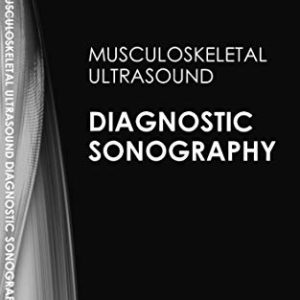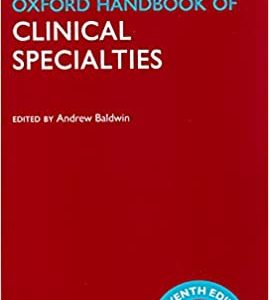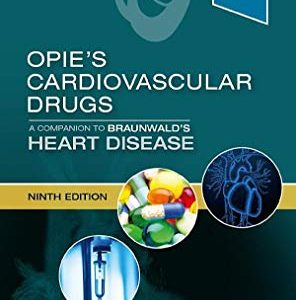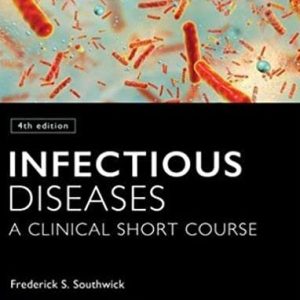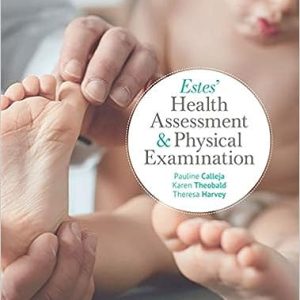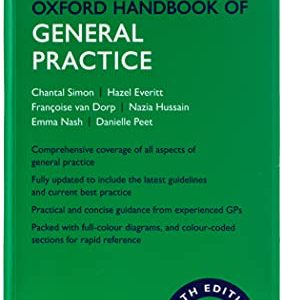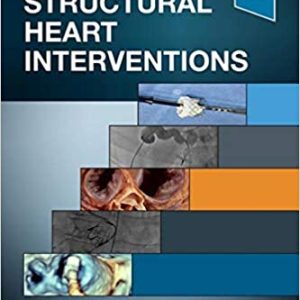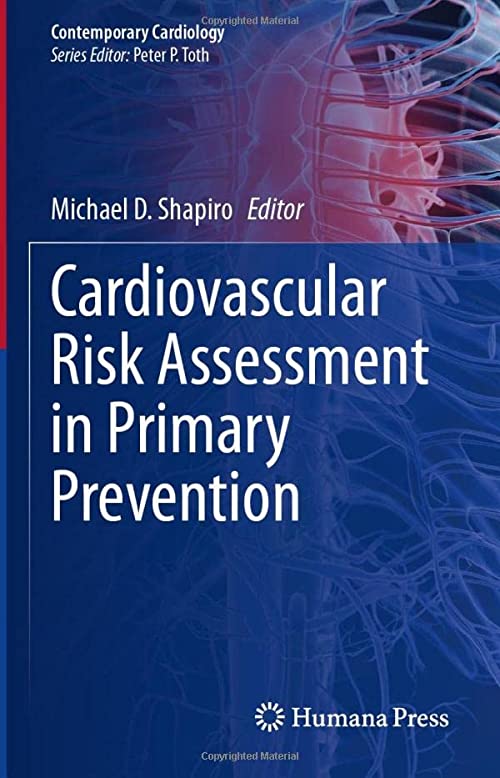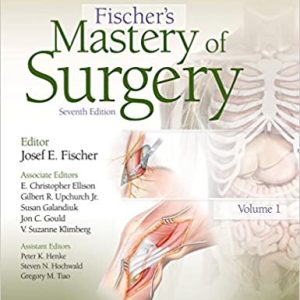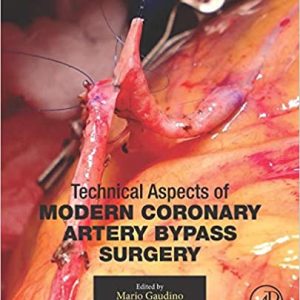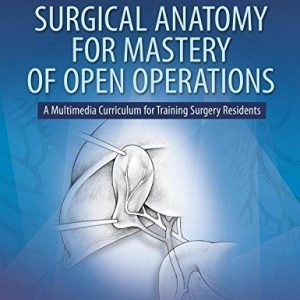This book is the first comprehensive text dedicated to risk assessment in the primary prevention of atherosclerotic cardiovascular disease. It provides an overview of current evidence regarding approaches to risk assessment, traditional and emerging risk factors, and atherosclerosis imaging for refinement of risk estimation. The volume seeks to provide an essential resource for professionals in the field to assess their patients for risk of cardiovascular disease.
The book is divided into five sections, starting off with an overview of current best practices to risk assessment in primary prevention around the world. The second section discusses traditional risk factors, such as hypercholesterolemia, hypertension, diabetes, smoking, and obesity. The third section reviews the newly introduced concept of ‘Risk Enhancers’. The fourth section offers insight on novel risk factors, with in-depth discussion regarding lipoprotein(a), high-sensitivity CRP, apolipoprotein B, social determinants of health, stress and cardiovascular disease. and polygenic risk scores. The final section covers the use of non-invasive atherosclerosis imaging (computed tomography and ultrasound-based techniques) as a tool to refine risk estimates. Throughout the book, readers will find multiple tables, figures, and illustrations that complement the text.
Up-to-date, evidence-based, and clinically oriented, Cardiovascular Risk Assessment in Primary Prevention is a must-have resource for physicians, residents, fellows, and medical students in cardiology, endocrinology, primary care, and health promotion and disease prevention.
Editorial Reviews
From the Back Cover
This book is the first comprehensive text dedicated to risk assessment in the primary prevention of atherosclerotic cardiovascular disease. It provides an overview of current evidence regarding approaches to risk assessment, traditional and emerging risk factors, and atherosclerosis imaging for refinement of risk estimation. The volume seeks to provide an essential resource for professionals in the field to assess their patients for risk of cardiovascular disease. The book is divided into five sections, starting off with an overview of current best practices to risk assessment in primary prevention around the world. The second section discusses traditional risk factors, such as hypercholesterolemia, hypertension, diabetes, smoking, and obesity. The third section reviews the newly introduced concept of ‘Risk Enhancers’. The fourth section offers insight on novel risk factors, with in-depth discussion regarding lipoprotein(a), high-sensitivity CRP, apolipoprotein B, social determinants of health, stress and cardiovascular disease. and polygenic risk scores. The final section covers the use of non-invasive atherosclerosis imaging (computed tomography and ultrasound-based techniques) as a tool to refine risk estimates. Throughout the book, readers will find multiple tables, figures, and illustrations that complement the text.
Up-to-date, evidence-based, and clinically oriented, Cardiovascular Risk Assessment in Primary Prevention is a must-have resource for physicians, residents, fellows, and medical students in cardiology, endocrinology, primary care, and health promotion and disease prevention.
About the Author
Michael Shapiro is the inaugural Fred M. Parrish Professor of Cardiology and Molecular Medicine at Wake Forest University where he is on faculty in the Section of Cardiovascular Medicine. After completing a cardiology fellowship, Michael spent two additional years in a clinical and research fellowship focused on advanced cardiovascular imaging at Massachusetts General Hospital/Harvard Medical School. After training, he was on faculty in the Knight Cardiovascular Institute at Oregon Health & Science University. He served as Director of Atherosclerosis Imaging and Associate Director of the Center for Preventive Cardiology. In 2019, he transitioned to Wake Forest University where he serves as the Director of the Center for Prevention of Cardiovascular Disease and the Co-Director of the NIH T32 Cardiovascular Disease Epidemiology and Prevention Research Fellowship Program.
Michael's clinical interests revolve around genetic and acquired disorders of cholesterol and triglycerides, atherosclerosis imaging, genetic predisposition to early myocardial infarction, and cardiovascular risk assessment. Michael has published extensively in the areas of atherosclerosis imaging, lipid disorders, and preventive cardiology. The scope of his research spans translational science, cardiovascular epidemiology, and clinical trials of novel lipid modulating therapeutics. He also serves as a principal investigator on numerous clinical trials testing novel lipid modulating therapeutics.


